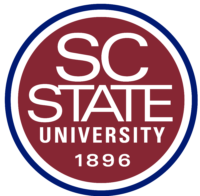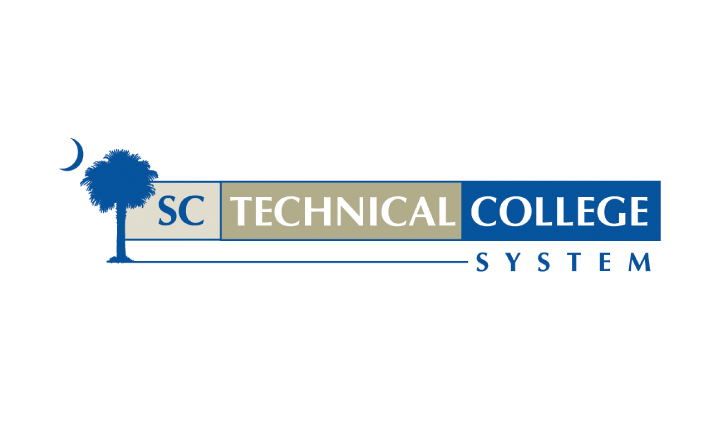SC INCLUDES
SC INCLUDES
Project Goals and Activities
 The broad overarching goal of SC: SUPPORTED is to address high attrition rates among South Carolina students who enter ABET-accredited engineering programs with insufficient calculus preparation. Initial mathematics course placement and performance are the strongest predictors of graduation in an engineering field after controlling for demographic characteristics, and underrepresented minorities, low-income, and/or first-generation students are disproportionately represented in cohorts that enter college not yet calculus-ready. This not only increases the time and cost of obtaining an engineering degree for these students but also reduces their likelihood of obtaining one.
The broad overarching goal of SC: SUPPORTED is to address high attrition rates among South Carolina students who enter ABET-accredited engineering programs with insufficient calculus preparation. Initial mathematics course placement and performance are the strongest predictors of graduation in an engineering field after controlling for demographic characteristics, and underrepresented minorities, low-income, and/or first-generation students are disproportionately represented in cohorts that enter college not yet calculus-ready. This not only increases the time and cost of obtaining an engineering degree for these students but also reduces their likelihood of obtaining one.
This problem is particularly acute for the state of South Carolina as there are 118 high schools in 43 districts with poverty rates of 70% or higher and with populations who are largely African-American and first-generation. This pool of students represents untapped potential to meet the ever-increasing demand for the engineering workforce. However, they are disproportionately placed in courses below calculus when they start their college engineering coursework, which hinders their persistence in engineering. The urgent need to recruit and support this underutilized talent is well recognized and has led to a number of isolated efforts and interventions. The problem is so complex, however, that no single institution can solve it alone.
The consortium formed through this Launch Pilot includes all four public four-year, ABET-accredited institutions; all 16 technical colleges; and the 118 high schools with 70% or higher poverty rate in the state. The vision of SC: SUPPORTED is that South Carolina students will be better prepared for college-level calculus through the collective impact of entities ranging from secondary school districts and two-year technical colleges to four-year programs.
An NSF Project

INCLUDES: 1744497
WRAPPED: EEC-1737686
The National Science Foundation (NSF) funds research and education in most fields of science and engineering. Grantees are wholly responsible for conducting their project activities and preparing the results for publication. Thus, the Foundation does not assume responsibility for such findings or their interpretation.
COALITION MEMBERS






